When artificial intelligence (AI) first made its way into everyday work, the world split into two camps: those who feared replacement and those who saw possibility. For months, headlines painted a picture of machines taking over, copywriters replaced by chatbots, designers by generators, analysts by algorithms.
But now, in 2025, we’re seeing the full story unfold.
AI isn’t taking our place, it’s changing our role.
And as the latest Upwork Monthly Hiring Report reveals, while automation continues to grow, the demand for human-driven skills is climbing even faster.
The message is clear: AI may be powerful, but humans are still essential.
The Rise of the Hybrid Workforce
According to Upwork’s report, 79% of businesses adopted AI in some form by September 2025, from customer service bots to advanced content generation tools. Yet instead of cutting staff, many organizations began hiring differently.
Companies are no longer searching just for data analysts or writers, they’re hiring AI-powered professionals who can combine human insight with digital fluency.
This shift has given birth to what experts call the hybrid workforce, teams where humans and intelligent systems collaborate seamlessly.
For example:
-
Marketers now use AI for trend forecasting but still rely on human intuition to connect campaigns with emotion.
-
Educators use AI for personalized learning paths but remain irreplaceable in motivating and mentoring students.
-
Engineers rely on generative design tools to create faster prototypes, but only human oversight ensures they’re ethical, safe, and practical.
In this new world, AI doesn’t reduce human value, it redefines it.
Why “Human Skills” Are Rising, Even in a Tech-Driven Economy
The same Upwork report shows a striking trend: while AI-related job postings surged, so did the demand for interpersonal and adaptive abilities — leadership, critical thinking, and creativity among them.
At first glance, this seems contradictory. Why would companies chase human qualities when machines are more efficient?
The answer lies in what AI can’t do.
AI can process data, predict outcomes, and write code. But it still can’t read emotions, navigate cultural nuances, or make moral decisions. It can assist in creativity, but it cannot feel the spark of it.
A McKinsey Global Institute (2024) analysis supports this. It predicts that while automation will replace up to 30% of routine work by 2030, demand for roles requiring human judgment and collaboration will increase by nearly 50%.
The irony?
The more we automate, the more we need people who understand people.
AI Is a Tool, Not a Replacement
AI is only as powerful as the person using it.
For instance, a marketing manager can use ChatGPT to generate campaign ideas, but only a skilled strategist can shape those ideas into a story that resonates with real people. A data scientist might use predictive models, but only a curious mind can ask the right questions.
That’s the difference between AI use and AI fluency.
AI fluency is knowing when to rely on automation and when to step in with human insight. It’s understanding that the goal isn’t to compete with technology but to co-create with it.
This is where Nexgen Careers’ philosophy comes to life: real growth happens when human curiosity meets digital capability.
From Fear to Fluency: The Mindset Shift We Need
The greatest barrier to adapting isn’t technology, it’s mindset.
Many professionals still view AI as a threat, not a partner. But those who embrace it early gain what Upwork calls the “AI advantage”, a career edge built on productivity, creativity, and adaptability.
Think of it this way:
-
The typewriter didn’t eliminate writers, it accelerated their output.
-
The calculator didn’t destroy math, it expanded what we could solve.
-
The internet didn’t erase communication, it redefined how we connect.
AI is the next step in that same evolution.
In a world where change is constant, the most successful professionals will be those who can learn, unlearn, and relearn over and over again.
The New Definition of Skill
A decade ago, technical ability defined your employability. Today, that’s only half the equation.
LinkedIn’s 2025 Global Skills Report reveals that the top five most in-demand skills now include:
1. Analytical thinking
2. Creativity
3. Adaptability
4. Technological literacy
5. Emotional intelligence
Notice something?
Four out of five are distinctly human.
Employers are realizing that technical proficiency alone isn’t enough, they need thinkers who can navigate ambiguity, collaborate across cultures, and apply ethics to decision-making.
In other words: AI can give you answers, but only humans can ask the right questions.
Education Needs a Redesign, Not a Replacement
The World Economic Forum (2025) estimates that 60% of workers will need reskilling by 2027. But it’s not just about learning new software, it’s about learning how to think differently.
Traditional education models still focus on memorization and specialization, while the future demands adaptability and interdisciplinary thinking.
That’s where hybrid learning programs play a vital role. By combining virtual work experience with real-world collaboration, students don’t just study, they practice how to thrive in a world powered by AI.
Through these hands-on projects, learners see firsthand how technology can enhance their skills, not overshadow them. It’s not “AI vs. human,” it’s “AI + human.”
Case in Point: The Skills Shift in 2025
According to LinkedIn’s Future of Work Report 2024, demand for human skills, such as communication, adaptability, and emotional intelligence, has increased by over 20% year-on-year, even as AI tools become more embedded in daily workflows.
Similarly, the World Economic Forum’s Future of Jobs Report predicts that 44% of workers’ core skills will be disrupted by 2027, yet the top emerging skills are creative thinking, analytical thinking, and resilience, all profoundly human abilities.
These findings highlight a crucial truth: the most future-ready professionals are not those who master a single technology, but those who can navigate change, think critically, and connect meaningfully.
For Nexgen Careers, this reinforces a long-standing belief, that career readiness in 2025 isn’t about chasing the next AI
Humans as the Ethical Compass
One area where human value becomes irreplaceable is ethics.
AI has no conscience, it can only follow rules and patterns. The responsibility to guide its use falls squarely on human shoulders.
From deepfakes to data bias, AI can unintentionally amplify human flaws. That’s why businesses are now investing in roles like AI ethicists, trust officers, and policy analysts, professionals who combine technical understanding with moral reasoning.
In this sense, the most “human” skill of all, empathy is becoming one of the most important skills of the AI age.
The Human Edge
So what gives us the edge in this new economy?
It’s not speed, machines will always be faster.
It’s not accuracy, algorithms can outperform us there too.
Our advantage lies in meaning, our ability to connect dots that machines can’t see.
When a designer uses AI to create visuals, it’s their imagination that gives those visuals purpose.
When a leader uses analytics to guide a team, it’s their empathy that drives morale.
When a teacher uses adaptive learning software, it’s their encouragement that inspires growth.
AI may power the future, but humans will always define it.
From Career Survival to Career Evolution
The professionals who thrive over the next decade won’t just adapt to AI, they’ll evolve with it.
Here’s how:
1. Learn continuously. The half-life of skills is shrinking. Keep upgrading your knowledge through short courses, micro-credentials, and real-world practice.
2. Experiment fearlessly. Use AI tools not just to save time but to spark new ideas. Innovation happens at the edge of curiosity.
3. Build human networks. Collaboration, mentorship, and community learning amplify your growth far more than solo work ever could.
4. Stay grounded in purpose. Technology changes fast; purpose gives direction. Know what impact you want to create, then use AI to scale it.
This is the kind of mindset Nexgen Careers encourages: not survival, but evolution.
The Future Is Human, With Help from AI
AI is here to stay and it will only get smarter.
But so will we.
Because the future of work isn’t a battle between humans and machines. It’s a partnership, one where technology does the heavy lifting, and humans do the heavy thinking.
AI will handle the repetitive, the predictable, and the scalable. Humans will continue to lead the imaginative, the emotional, and the meaningful.
So yes, the workplace is changing fast. But if history teaches us anything, it’s that human adaptability always wins.
The next era of work won’t be defined by what AI can do.
It will be defined by what we choose to do with it.
